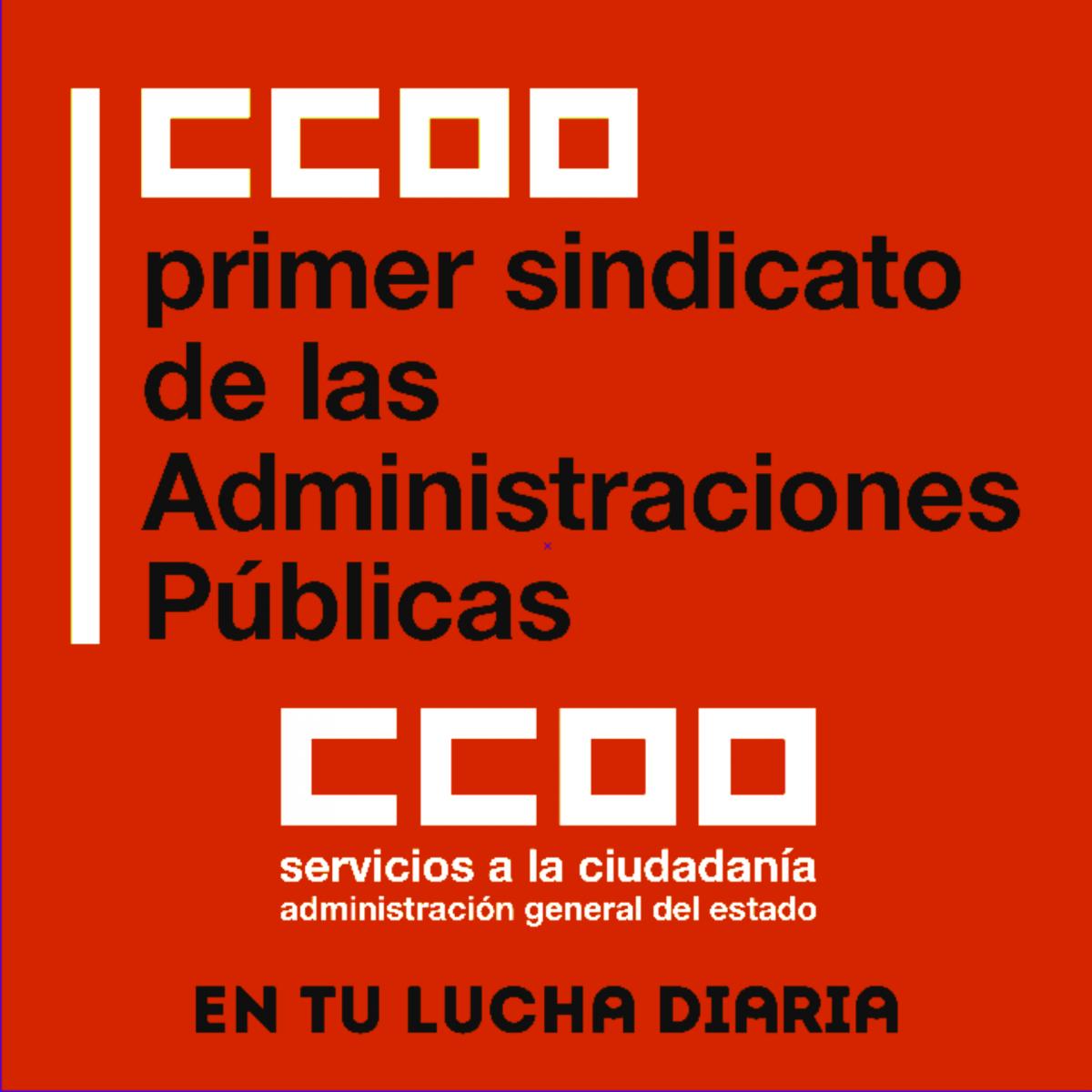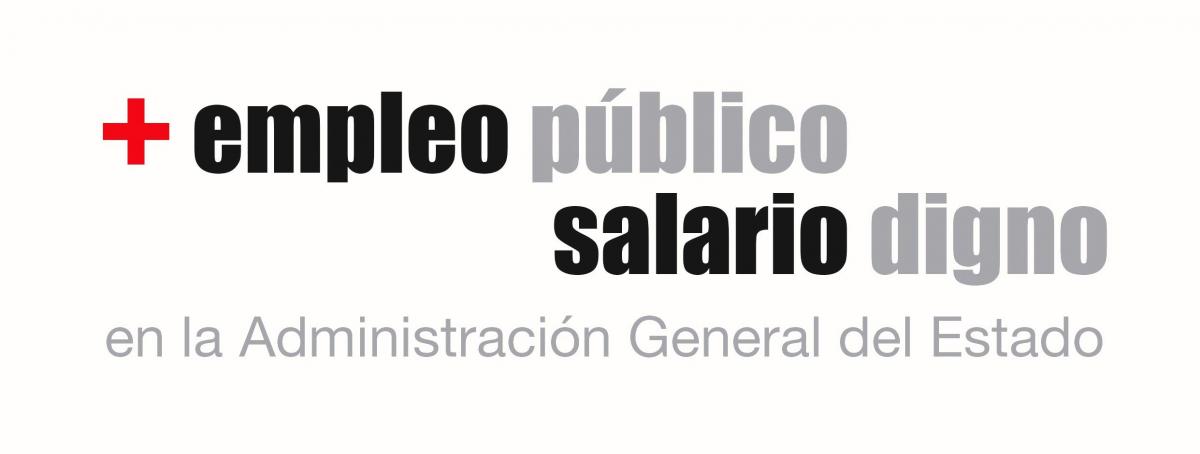The extraordinary situation that we are experiencing as a consequence of the spread of the Coronavirus (COVID-19) has become an important challenge for the foreign service due our workers’ geographical dispersion, to the diversity and to the different situations that define our field of work, as well as the need to ensure that our public services all around the world continue to work.
As we have already informed you, the first Resolution of the State Secretariat for Territorial Policies and Public Service was published on 10 March. In this Resolution, a series of measures to be adopted by all departments of the General State Administration were established. On 11 March, the Directorate General of the Foreign Service at MAUEC immediately held a meeting with all Labor Unions in order to address the criteria and scope of this Resolution, as well as its adjustments and implementation overseas in the specific field of the foreign service
That same morning, in order to establish a series of general rules for work organisation, the Directorate General of the Foreign Service (DGSE - belonging to the Ministry for Foreign Affairs, European Union and Cooperation) sent a telegram to all Diplomatic Missions, Consulate Generals and Permanent Representations abroad, detailing and itemising the contents of the above-mentioned Resolution and establishing flexibility criteria which are more than reasonable and enough to address this global health emergency.
Amongst the guidelines issued in this telegram, the DGSE recommended introducing telework to provide all non-essential services. It also advised establishing on-site shifts only for priority or emergency services and requested the implementation of preventive, hygienic and organisational measures, particularly at premises where public attention is carried out. In these workplaces, the mass influx of people and gatherings of workers should be limited due to the great risk that this entails for everybody.
The telegram also acknowledged the need to strike a balance between the guidelines issued by the Spanish Administration (which follows the established by the World Health Organisation - WHO) and the quarantine or preventive isolation terms that have been implemented by each country. The aim is to ensure that staff employed abroad by the Spanish Administration and their families are protected at all times.
When this note was written, the World Health Organisation had confirmed 375,498 cases of COVID-19 all around the world and the disease had already taken the lives of 16,362 people. This extreme situation led María Van Kerkhove, technical director of the World Health Organisation Health Emergencies Program, to recommend preventive confinement in all countries since a few days ago.
Despite all of this, over the past days, CCOO has identified a number of workplaces where managers are refusing to accept the seriousness of this crisis and are opposing the implementation of the criteria listed by the Directorate General of the Foreign Service´s telegram, thus putting the integrity and health of all workers and families at risk. Furthermore, we have detected managers who, thanks to a restrictive interpretation of the mentioned guidelines, have even threatened our workers with computing these preventive isolation days as a holiday period or as personal days, which would have implied a violation of rights that we managed to prevent and solve in a satisfying way. Our trade union will never tolerate this kind of behaviour and will report all necessary cases to the competent authorities.
Taking into account all of the above, CCOO would like to remind all Ambassadors, Charge d’Affaires, Consul Generals, Counselors, Chancellors, Vice-chancellors, Coordinators’ of the Spanish Agency for International Development Cooperation (AECID) abroad, etc., that the flexibility criteria for working-times, Telework or preventive isolation measures have been exceptionally adopted as a consequence of a global health emergency, which means that they must be urgently implemented.
We would also like to underline that these measures must be computed as effective working time, as paid leaves or as inexcusable duty situations. Under no circumstances should our workers lose any of their working rights or see their salaries diminished in any way.
Additionally, as we stated in our Information Note No. 1, on 13 March, quarantine or preventive isolation periods that affect staff working under Spanish Social Security terms will be considered as temporarily inability to work (Incapacidad Temporal I.T.), so their salaries will not be reduced in any way. Regarding locally hired workers under different social security systems which may not provide the same level of remuneration guarantee, their situations will be considered in the same way as paid leaves in order to prevent partial or total loss of salaries.
Given that we are now going through the hardest days of this health emergency, with the number of infected people rising at an exponential rate and with quarantine periods being established almost all over the world, CCOO reminds all Ambassadors, Charge d’Affaires, Consul Generals, Counselors, Chancellors, Vice-chancellors, Coordinators’ of the Spanish Agency for International Development Cooperation (AECID) abroad, etc., of the urgent need to provide the necessary protection equipment, such as masks, hydro-alcoholic solutions or disposable gloves and demands that this equipment is provided, given that it ensures the safety of our workers abroad. As we already mentioned in previous notes, the acquisition of this equipment must be managed locally due to the enormous difficulties that our Ministry is encountering when attempting to buy in the Spanish market.
Considering all the above and in light of the escalation of the global crisis, this Labour Union and its Executive Committee have gathered and prepared the following material, aimed at clarifying a series of queries that you have sent us throughout the past days and at establishing a communication channel that enables us to act against any unfair situation:
- Basic Guide for Labour Information during COVID-19: Which attempts to answer and shed light on many of the queries that have been sent to us lately and that have a common answer for our whole field of work.
- Handout aimed at assessing the current situation: Put together by this CCOO-Foreign Service Section, will enable us to identify those workplaces where there may be some kind of irregularity regarding the implementation of the criteria explained above, or any type of incompliance with the protective and preventive measures that are being demanded. The aim of the handout is to provide our staff with a tool that can help us assess how serious the situation is in each case, and thus report these cases to each Ministry Department so they can be immediately addressed. You can fill it out and send it to us anonymously if you wish to.
- Recommendation to promote telework: In order to carry out our jobs in the healthiest way possible, elaborated by the CCOO Confederation and the Social Institute for Labour, Environment and Health (ISTAS, in Spanish).
At CCOO, we take this task very seriously, which is why we insist again on the importance of workers letting us know of any violation of the criteria mentioned in this note, as well as any situation that could put our workers´ health or integrity at risk. This way, we can carry out all necessary action before the relevant Ministry Departments.
To this effect, we ask all workers whose countries have a CCOO local structure to inform our Regional Secretaries of all incidents. For cases in countries without a CCOO local structure, and for those situations that may pose an urgent threat, we kindly request you to get directly in contact with this Foreign Service Section of CCOO in Madrid, by the following contact channels:
- Email: ccoo-servicioexterior@fsc.ccoo.es / osmany.llanes@fsc.ccoo.es
- Landline: +34 91 535 52 31
- Mobile phone:+34 689 31 54 89
- WhatsApp:+34 658 94 95 61
Finally, we would like to comment on the news item published in the Spanish media regarding a supposed 2% salary cutback for all public employees. We want to emphasise that the Public Area of CCOO immediately contacted the Government, who categorically denied any possibility of implementing this cutback. We therefore call on all workers to remain calm and confident of the security of their jobs: your working conditions and your salaries are completely safe.
We will keep you informed!
Madrid, March 24th, 2020














